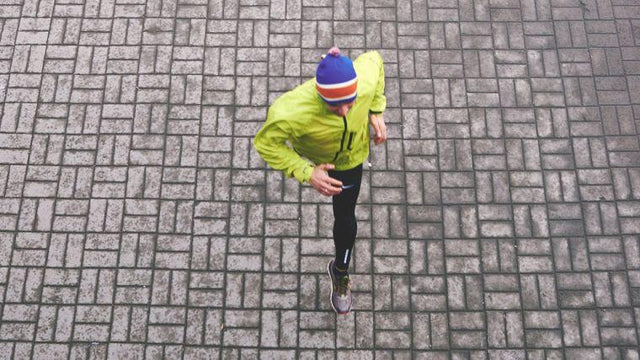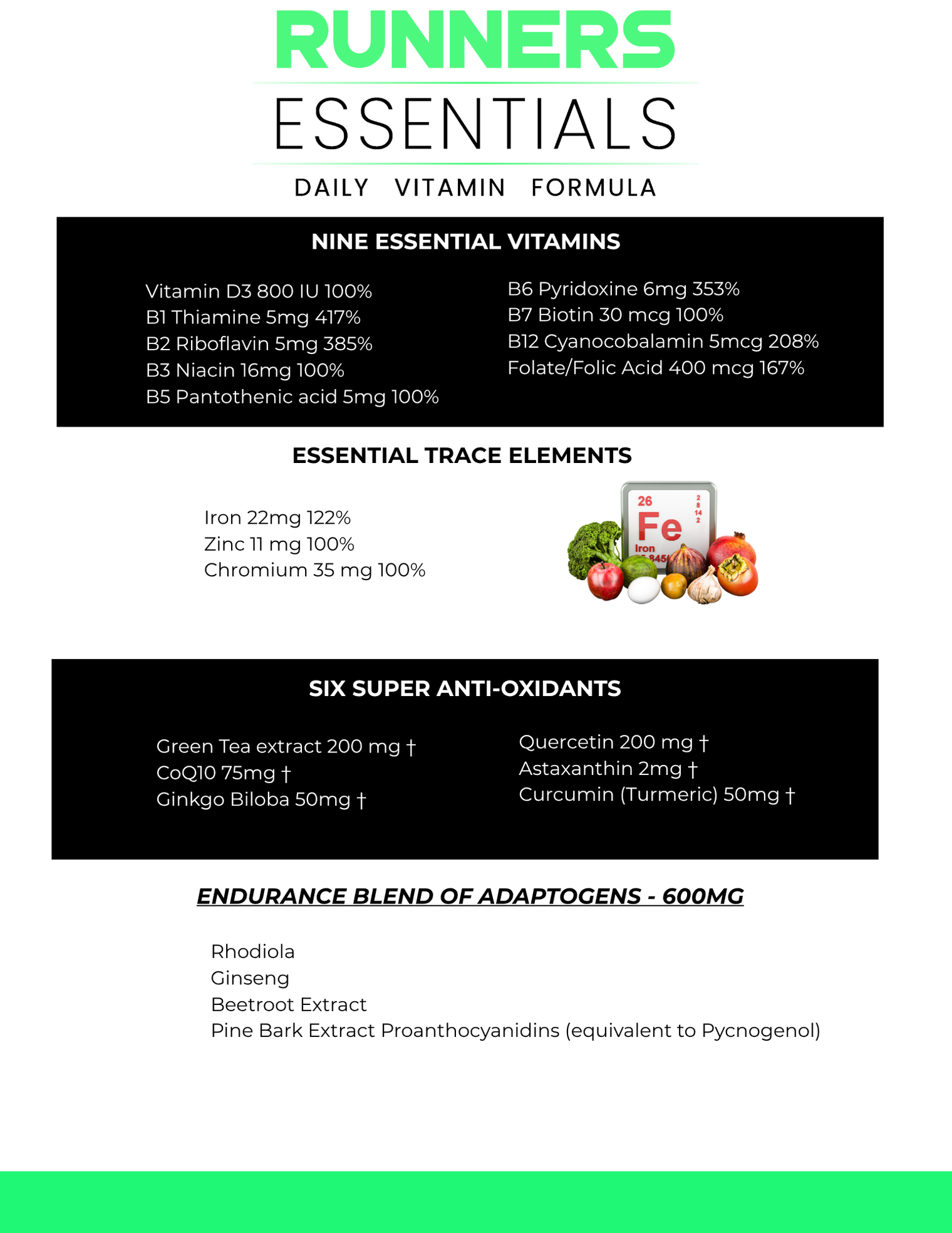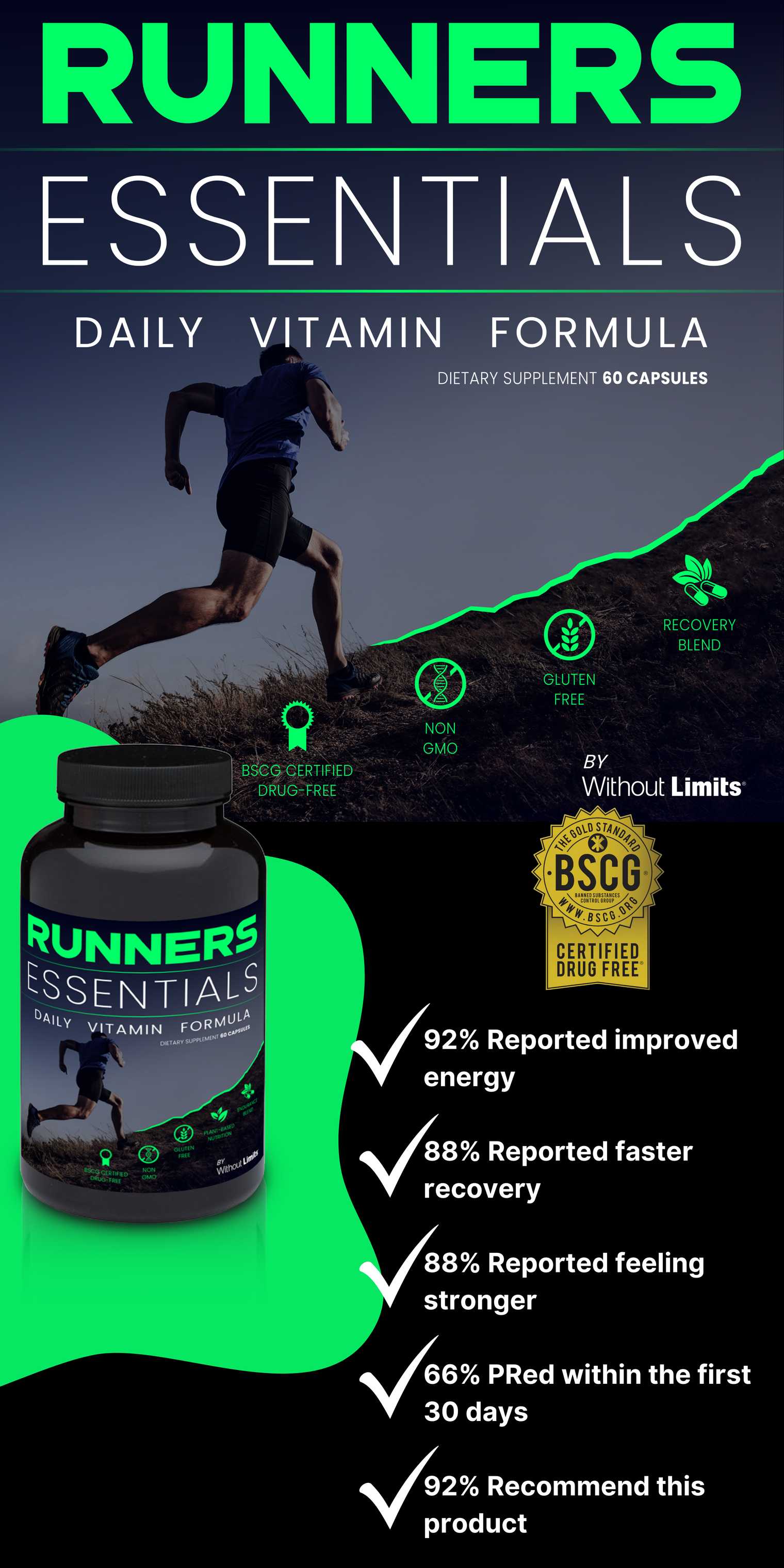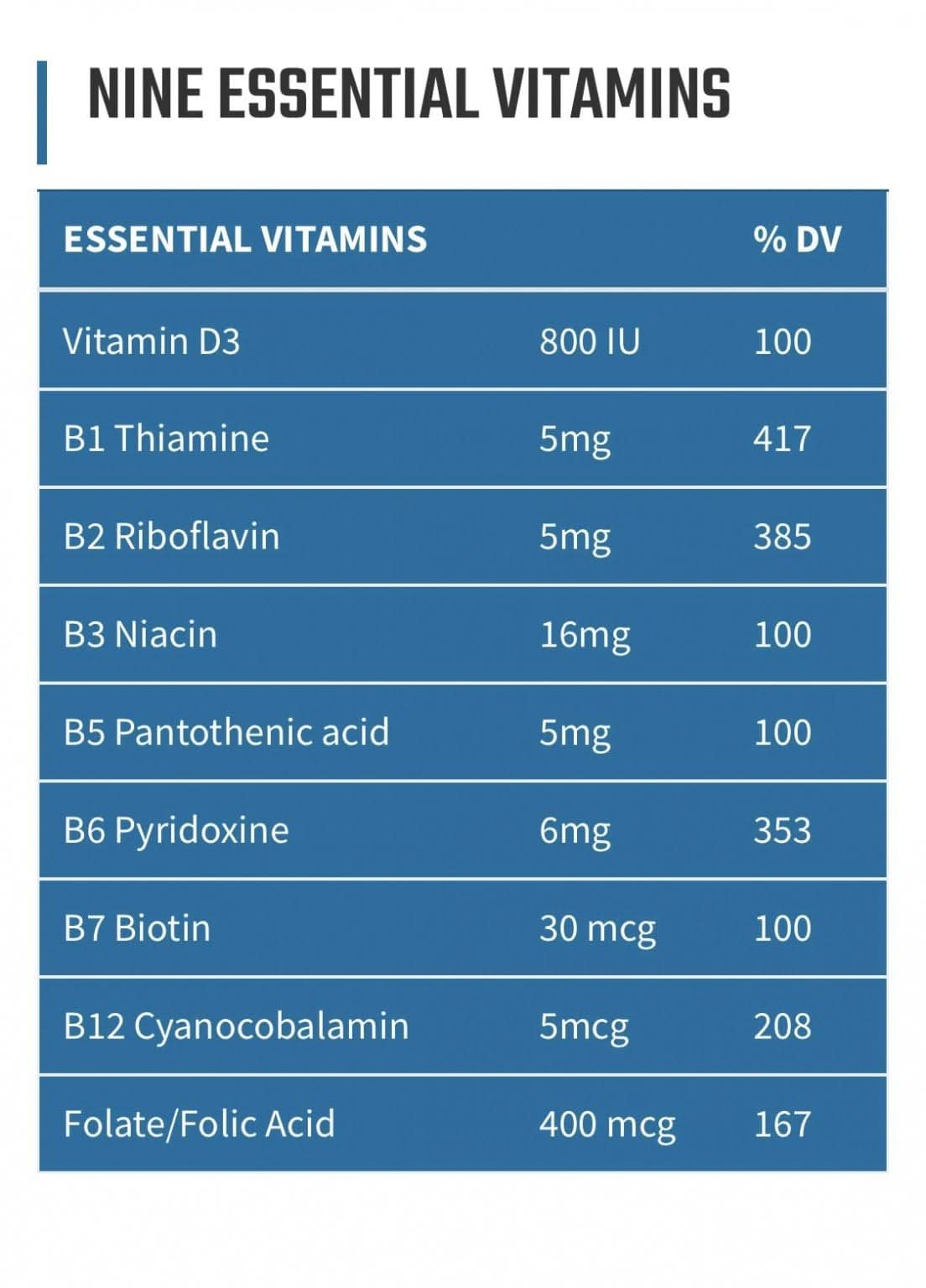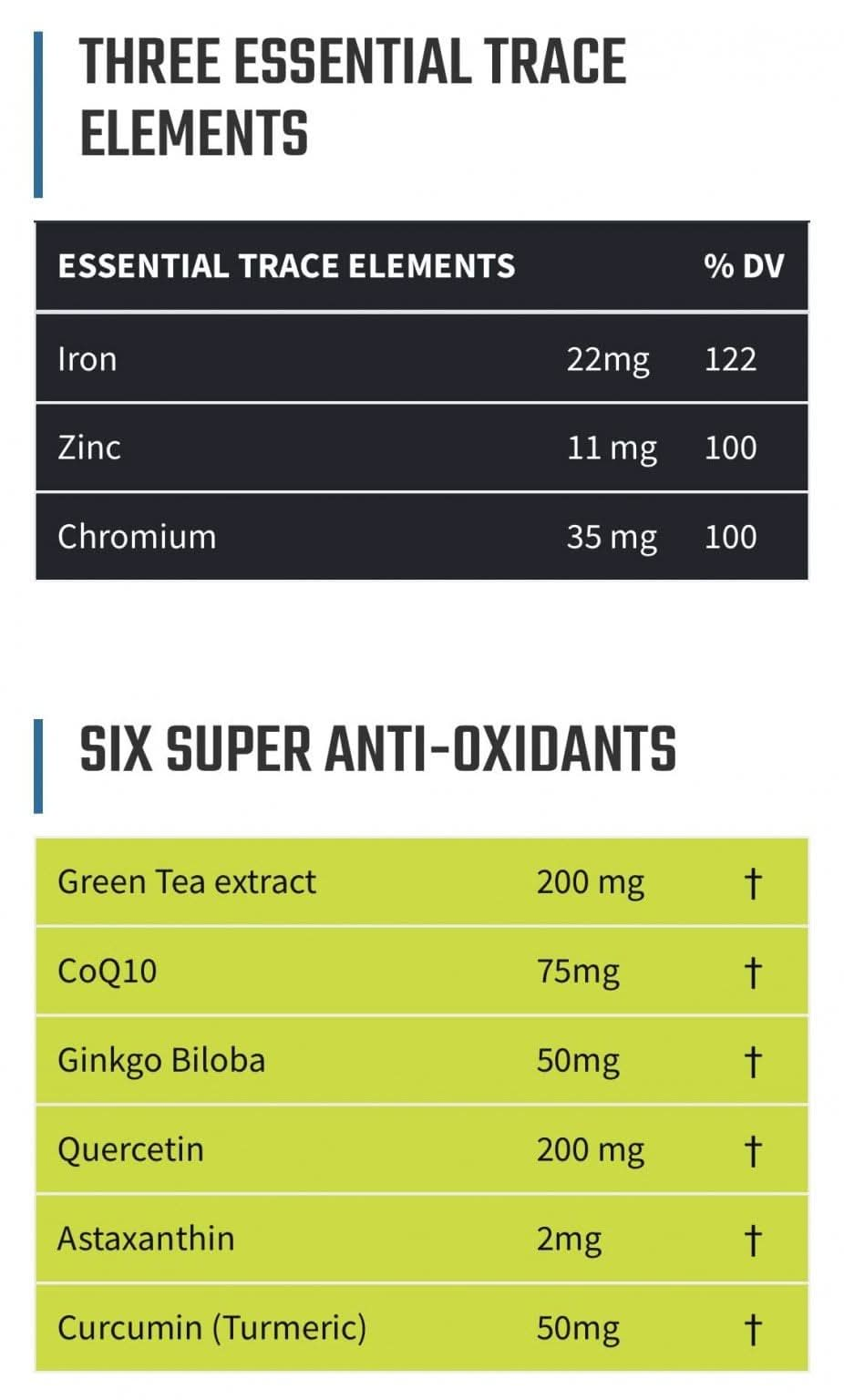Snell began running to improve her health in 2013. She quickly found that even though she lost weight during the process, people online and even in person remained incredulous that she was an athlete at her size.
"There's a lot of ignorance as to how this works; that endurance sports and running is not necessarily weight loss," she told Insider. "You have to eat to go out there over and over and do those grueling miles."
After her blog post about being heckled at a marathon went viral, Snell began to gain a following from people who were inspired by her strength and dedication to her sport. She started her own website called the Running Fat Chef to share her experiences.
"I didn't realize I was building a platform as I was living my own life. I was telling people to be loud and brave and be themselves," she said. "Someone would look at me and say she's not a runner, but because of the noise I've made, I don't get those doubts anymore."
In total, Snell — whose background is in social work but who has also been a chef, writer, and photographer — has completed more than 100 running events, including 15 marathons, five ultramarathons, and many half-marathons and obstacle races.
She's slated to run a total of 46 in 2019, while also training for an upcoming 100-mile event.
But Snell's path to success hasn't been easy. She's worked through an eating disorder, injuries, and continues to cope with chronic pain.
Snell struggled with an eating disorder that left her seriously injured after training for a marathon on just 1,200 calories a day. After being hospitalized, she worked hard rebuilding a healthy relationship with food.
Snell also lives with invisible disabilities, including sciatica and endometriosis, that cause chronic pain. She manages the pain by getting plenty of rest between workouts, and also involves massage and cupping therapy in her recovery.
Through it all, she's been a staunch advocate for inclusivity in the running community. "It's about embracing yourself at any state, loving yourself, saying, 'I'm worthy of being in the same space as anyone else,'" Snell said.
Latoya co-hosts a podcast called "The Long Run with Martinus and Latoya."
Like Snell, Chastain became an activist by accident, after working her way up in the competitive dancing scene and encountering repeated instances of judges and spectators making demeaning comments about her body.
"I wanted to be a fat dancer and I learned I needed to be a fat activist to do that," she told Insider. Meantime, she managed to pick up three National Dance Championship awards.
Chastain, a Los Angeles-based writer and blogger who's been chronicling her confrontations with fatphobia for years, has since moved on to new challenges, including running a marathon, which she finished despite 40-degree weather, wind and rain, and a partially torn ligament.
For this feat she earned the Guinness World Record for heaviest woman to complete a marathon, although the record has since been broken by another runner.
Now Chastain is training for an Ironman triathlon — which involves a 2.4-mile swim and a 112-mile bike in addition to a marathon — and hoping her story will show people that health and fitness comes in all sizes.
"Our whole society is based on the idea that a thin body is a better body, and that you can tell everything about a person based on what they look like," she said. "I want to make space for people who maybe don't want to be activists who maybe just to run a 5K without doing all that extra."
Chastain hopes to see more stories about athletes of all types and sizes smashing stereotypes, and in a context where people recognize their strength, stamina, flexibility, and technique.
Chastain said narratives about plus-size athletes are becoming more prevalent, but also sometimes problematic. "The media loves a weight-loss story, but there's an erasure of fat people who aren't trying to change their bodies," she said. And, when there are stories of fat athletes, they're often condescending, she added. Chastain said she still gets a lot of criticism, to put it nicely, from internet trolls, but she mostly feels bad for them and doesn't take it personally. "If you're on the internet criticizing someone for running a marathon, you don't have a lot of wins your life, so I try to be compassionate about that," she said. You can read about Chastain's triathlon journey on her other blog.
Martinus Evans began running out of spite.
Evans consulted an orthopedic specialist in 2012 for pain and joint problems, but the doctor assumed he was there for weight loss and called him fat. When Evans retorted that he wanted to run a marathon, the doctor laughed in his face.
Evans bought a pair of running shoes and hit the pavement that day.
He ran his first marathon in his hometown of Detroit, Michigan. Since then, he has completed dozens of events and become a role model and mentor in the running community as well as a running coach, writer, and podcast host with Snell.
"My main objective is to show you can start being active regardless of what you weigh," Evans told Insider during his 7 a.m. daily run. "I want people to use my big a-- as an example, doing it for the joy and not focusing on weight loss."
Evans says plus-size men, and especially those who are athletes, are often made invisible in popular culture.
Evans said people tend to assume male athletes have to be lean and muscular, and usually white. As a result, he said he gets a lot of internet hate "being a fat black man."
Evans added that while plus-size women are often publicly trolled or pitied, larger men are often made invisible, especially in marketing, making it difficult to find good activewear for men who need larger sizes.
"I want to see a dad bod mannequin with running shorts on," he said. "Lycra and cotton don't have a gender preference."

